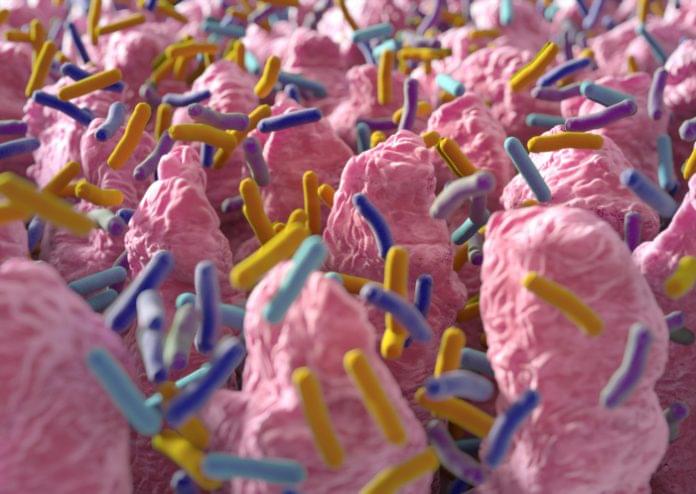Emerging evidence implicates the gut microbiome in cognitive outcomes and neurodevelopmental disorders, but the influence of gut microbial metabolism on typical neurodevelopment has not been explored in detail. Researchers from Wellesley College, in collaboration with other institutions, have demonstrated that differences in the gut microbiome are associated with overall cognitive function and brain structure in healthy children.
This study—published Dec. 22 in Science Advances—is a part of the Environmental Influences on Child Health Outcome (ECHO) Program. This study investigates this relationship in 381 healthy children, all part of The RESONANCE cohort in Providence, Rhode Island, offering novel insights into early childhood development.
The research reveals a connection between the gut microbiome and cognitive function in children. Specific gut microbial species, such as Alistipes obesi and Blautia wexlerae, are associated with higher cognitive functions. Conversely, species like Ruminococcus gnavus are more prevalent in children with lower cognitive scores. The study emphasizes the role of microbial genes, particularly those involved in the metabolism of neuroactive compounds like short-chain fatty acids, in influencing cognitive abilities.










Comments are closed.